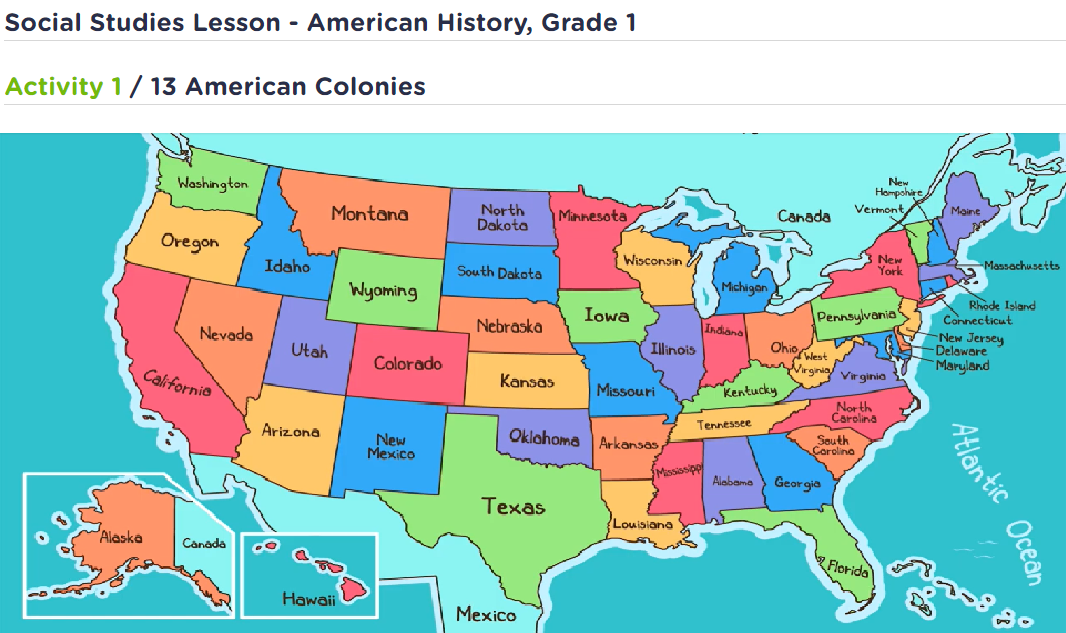Math skills improvement Math Worksheets for Ages 5-9
7 filtered results
-
From - To
Unlock your child's full potential with our engaging Math Skills Improvement Worksheets for ages 5-9! Designed to enhance foundational math abilities, these worksheets cover essential topics like addition, subtraction, counting, and basic geometry. Each activity is crafted to be fun and interactive, helping children develop confidence and a love for learning. With a variety of exercises tailored for different skill levels, these worksheets are perfect for school reinforcement or homeschooling. Simplify math practice while promoting critical thinking and problem-solving skills. Start your child's math journey today and watch them thrive! Discover the joy of learning together with Kids Academy.
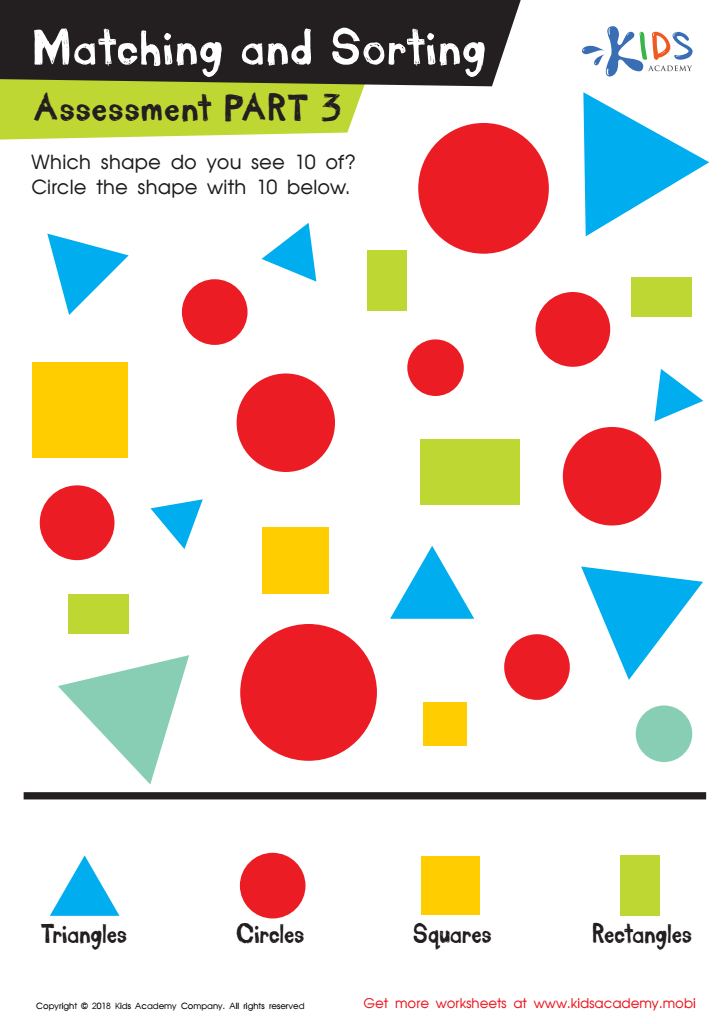

Matching and Sorting for Kindergarten: Assessment 3 Worksheet
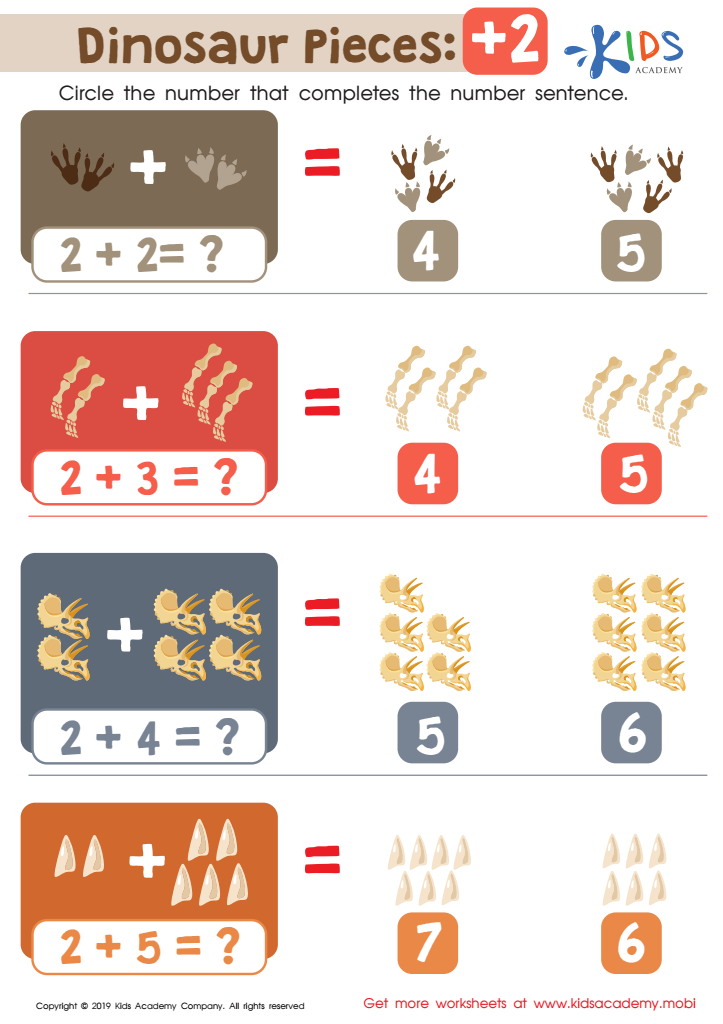

Dinosaur Pieces: +2 Worksheet
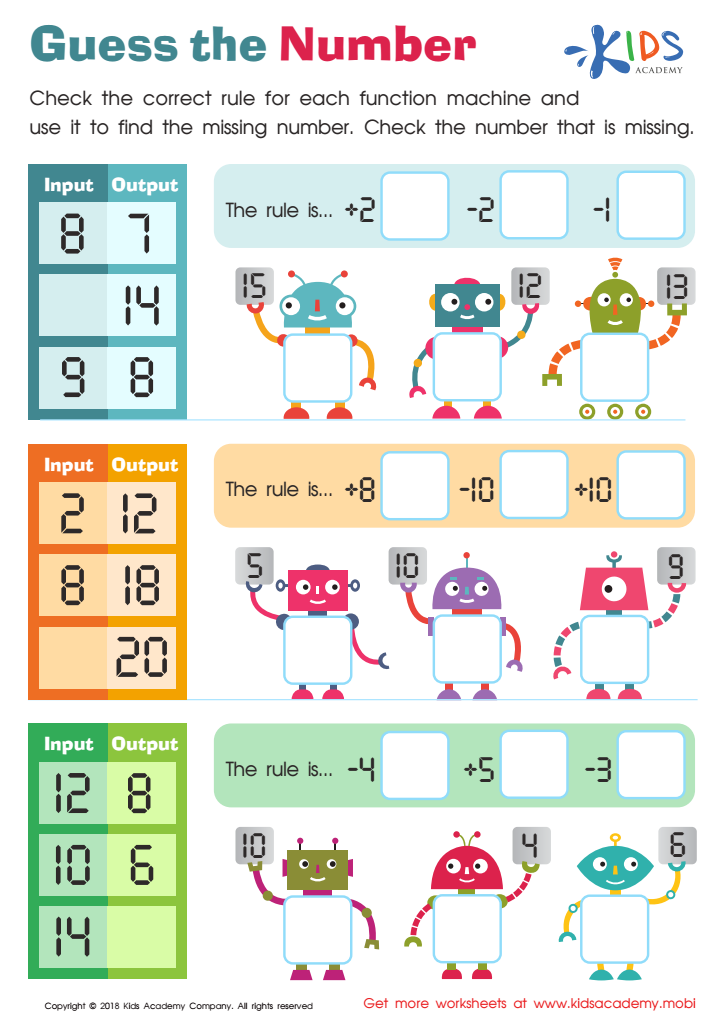

Guess the Number Worksheet
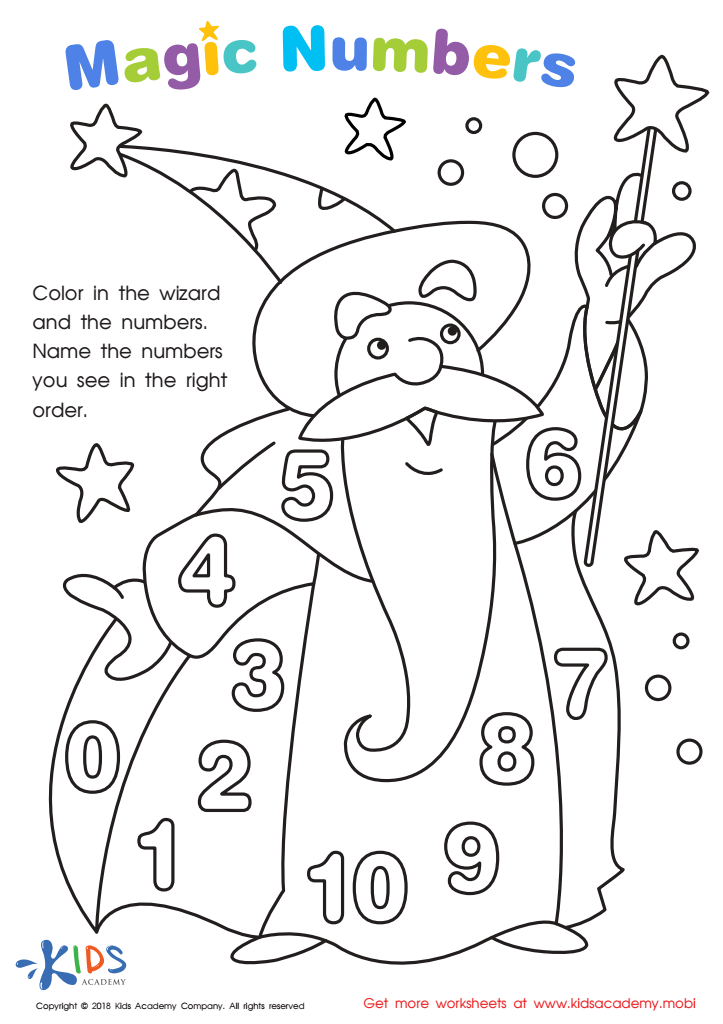

Magic Numbers Worksheet
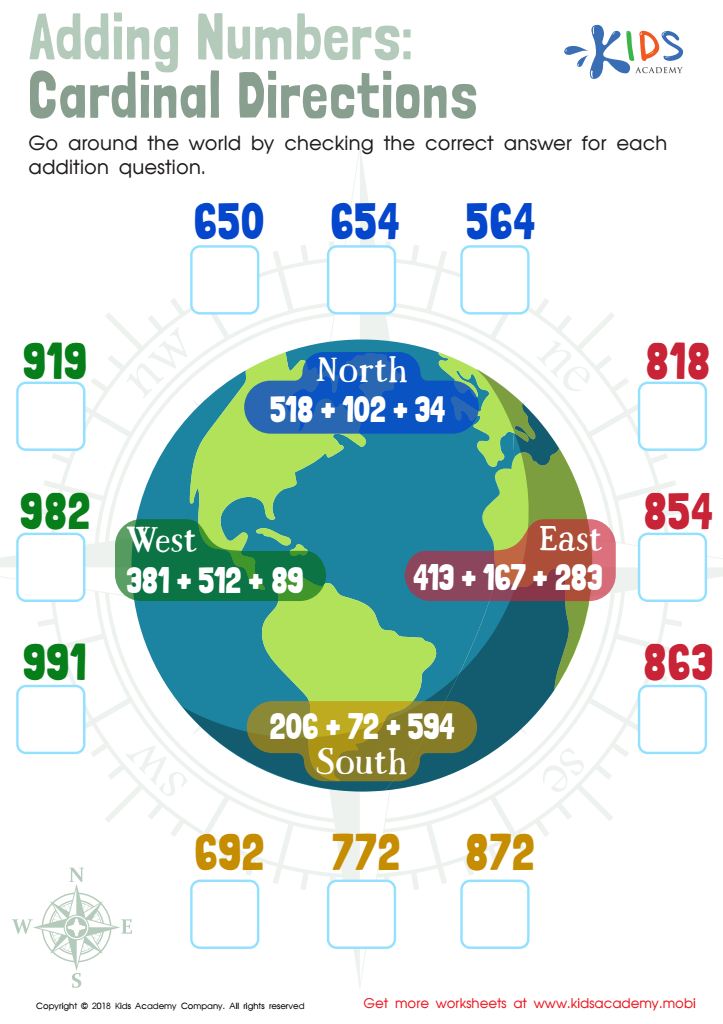

Adding Numbers: Cardinal Directions Worksheet
Parents and teachers should prioritize math skills improvement for children aged 5-9 because this is a critical period for cognitive development and foundational learning. Early mathematical experiences support not only numeracy but also logical thinking, problem-solving skills, and the ability to reason—capabilities crucial for success in later academic endeavors and everyday life.
At this age, children are naturally curious and eager to explore concepts like counting, shapes, and basic operations. Enhancing their math skills can foster a positive attitude towards learning and build confidence. Competence in math is closely linked to literacy and communication skills. These early experiences can help reduce math anxiety and stereotype threats as children progress in their education. Moreover, strong math skills can transform into greater opportunities in STEM (Science, Technology, Engineering, and Mathematics) fields.
Furthermore, parents and teachers play a vital role in creating supportive environments where math can be experienced as fun and engaging. Such early support primes children for academic challenges ahead and establishes lifelong learning habits. In short, nurturing math skills in young children lays the groundwork for their future educational paths and life choices, ensuring they are well-equipped to thrive in an increasingly quantitative world.
 Assign to My Students
Assign to My Students

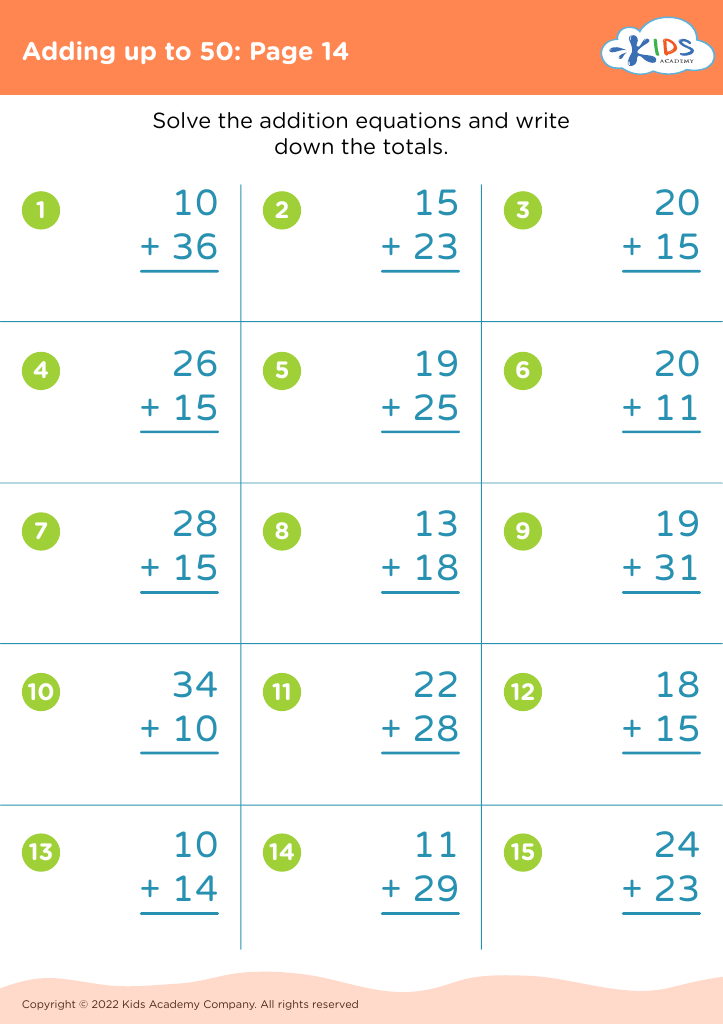

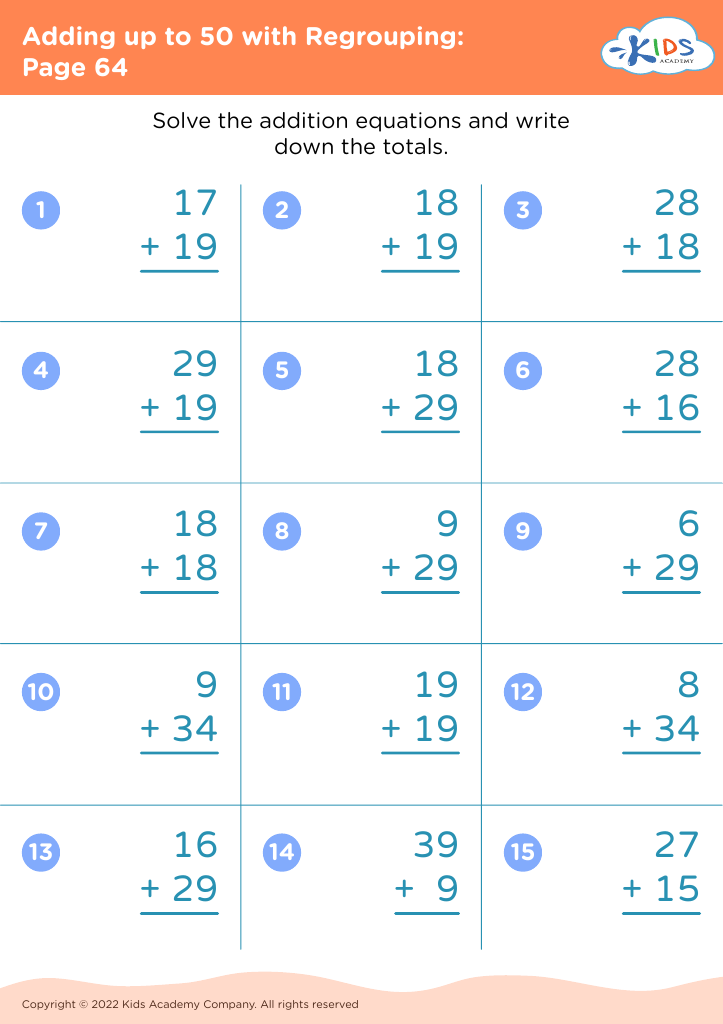



.jpg)

